Nonfiction selection autumn 2025
Discover this autumn's most captivating nonfiction titles, handpicked to spark your curiosity and inspire new conversations. Some familiar names return with brand new work, while others are emerging onto the scene for the first time. Of course, there are many more books to discover. Therefore, we’ve added two new tags within nonfiction to help you navigate our book selection more easily:
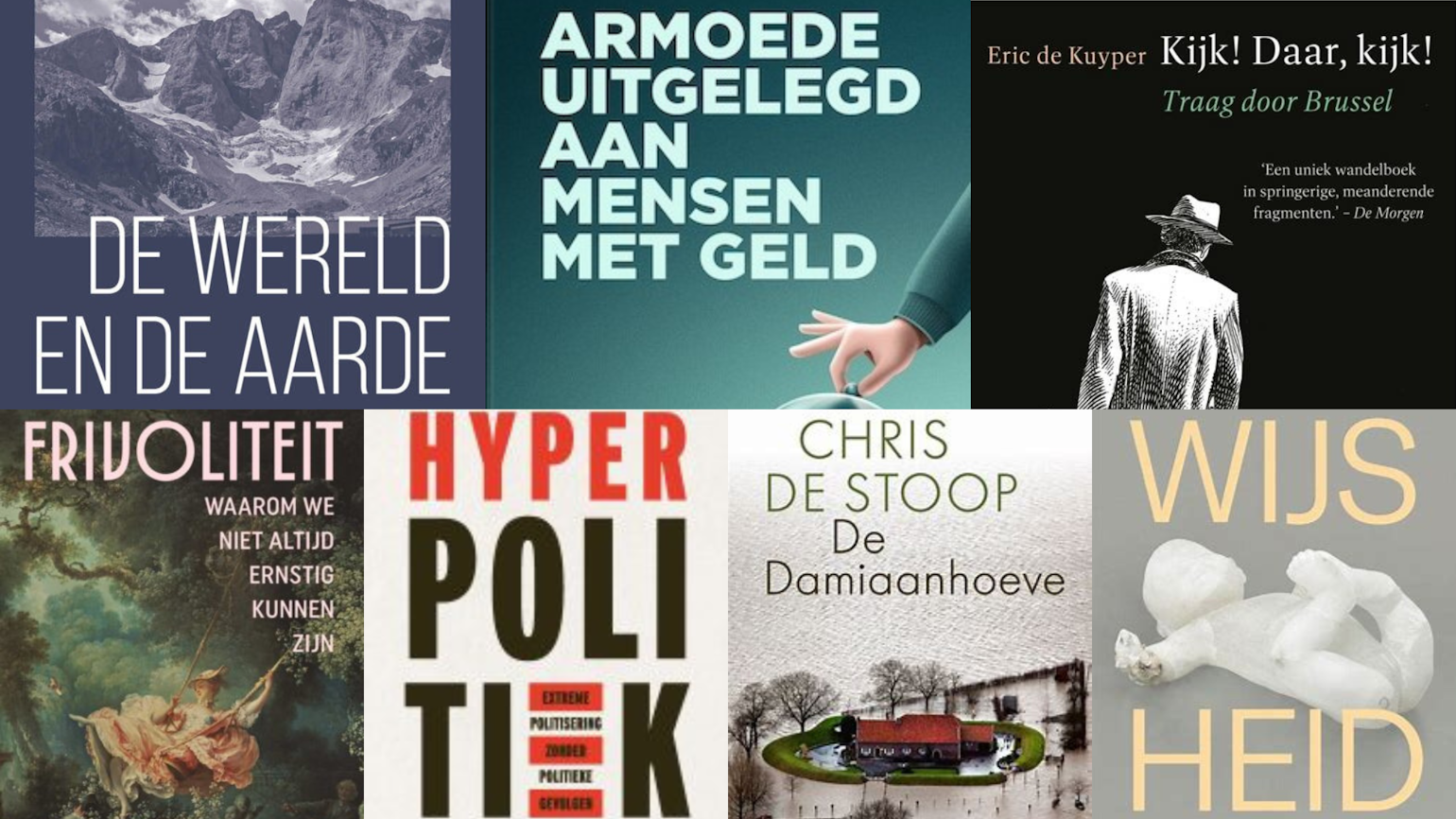
Politics and social issues
'The World and the Earth' by David Van Reybrouck
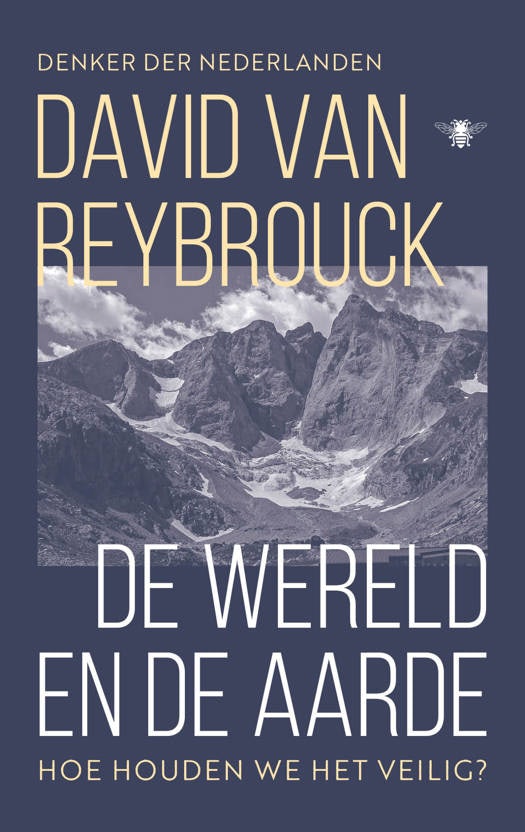
The greatest security issue of our time is not the world with its internal conflicts, but the Earth, which is becoming increasingly disrupted. The world has destabilised the physical Earth, and now the Earth is destabilising the world. Modern diplomacy, that centuries-old dialogue between nations, must urgently reinvent itself. What might that look like? In ‘The World and the Earth’, David Van Reybrouck offers a passionate and boundary-pushing proposal to radically broaden our thinking – and our politics.
'Poverty Explained to People with Money' by Tim 'S Jongers
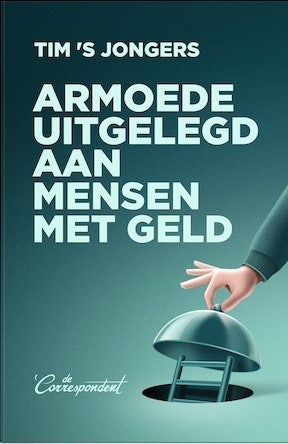
This book bridges the gap between academic analysis of poverty and the lived experience of those who have to face it. Avoiding sensationalism and self-pity, the author uses parts of his own story sparingly, only as a tool to illustrate his analysis. Aimed at the privileged, this is a crash course in understanding poverty’s depths – a vital step towards meaningful change. Because fighting poverty begins with seeing it differently.
'Hyperpolitics' by Anton Jäger
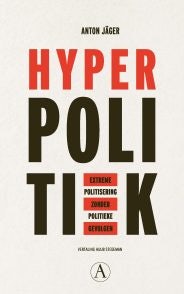
Anyone who has ever participated in heated discussions can confirm that politics has returned to everyday life and that debates about COVID-19, ‘wokeness’, and identity have long since spilled beyond the confines of X (Twitter). After an era of post-politics in which technocratic governance prevailed and citizens could at most comment from the sidelines, almost everything is now under political high tension.
History and biography
'No Glory in Killing: War's Reality' by Gerard Bodifée
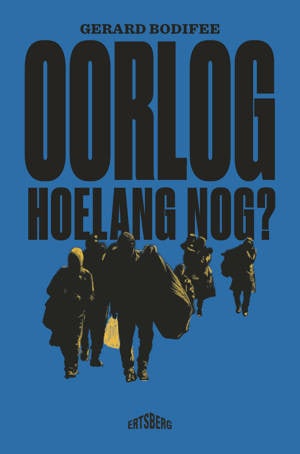
Much is said about war, but too little is truly thought through. Judged by the damage it causes, the scale of suffering it inflicts, and the moral guilt it entails, war is the greatest evil on Earth. From this follows that no humane goal can ever justify war. This is the starting point of Gerard Bodifée’s new book ‘War’ – a burning issue in light of today’s threats of conflict.
'Pulse' by Peter Vermeersch
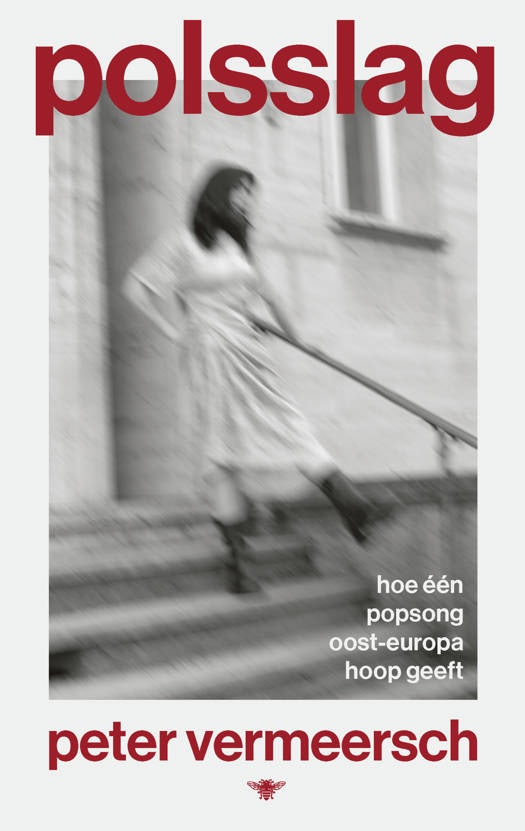
When the streets of Minsk filled with demonstrators in the summer of 2020, cameras captured a group of cheerfully dressed musicians performing a rousing version of ‘Peremen!’ (‘Changes!’), the Soviet cult hit by the band Kino. The crowd sang along at full volume, and the song became the anthem of the protests against Belarusian dictator Aleksandr Lukashenko. Peter Vermeersch was so moved by the footage that he decided to chart the erratic life of this pop song. The result is ‘Pulse’, the story of a song that, in passing, reveals a crucial chapter of recent European history.
'Road Trip to Auschwitz' by Evelien Rutten
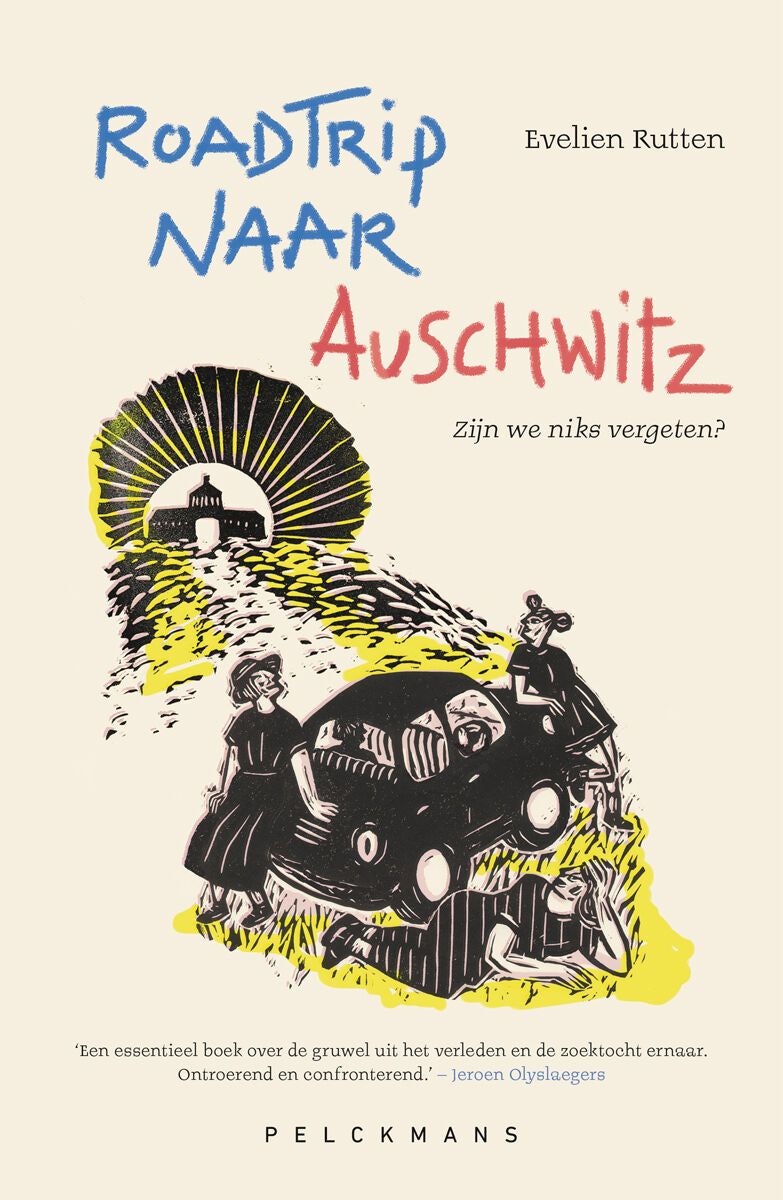
After the death of her mother, Evelien Rutten embarks on a pilgrimage to Auschwitz-Birkenau during the winter of 2004. For the first time, she visits the place where her Polish grandmother once stood face to face with Nazi doctor Josef Mengele. A choice made in 1943 determined the survival of an entire family line. In the biting cold, the author solemnly promises her late mother and grandmother that she will return one day, once she has a daughter of her own. By 2023, her teenage daughter is old enough, and it’s time for a road trip: her daughter is about to receive the history lesson of a lifetime.
Philosophy
'Frivolity' by Peter Venmans
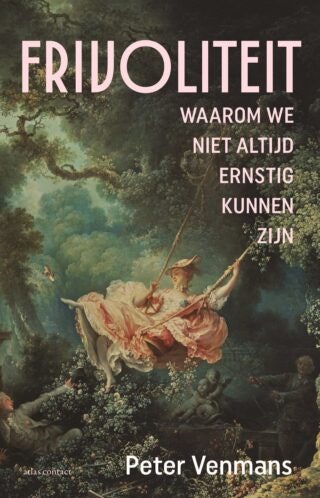
Since winning the Socrates Cup in 2023 for his book Hospitality, author Peter Venmans has become known for his accessible and engaging essays on a wide range of philosophical themes. His books often revolve around the linguistic and philosophical analysis of a concept that fundamentally characterises our time – usually because the concept has ‘disappeared’. Because we no longer reflect on it. Because we conveniently reduce its meaning to a one-dimensional interpretation. Or because we take the virtue it represents too much for granted.
'Wisdom' by Paul Verhaeghe
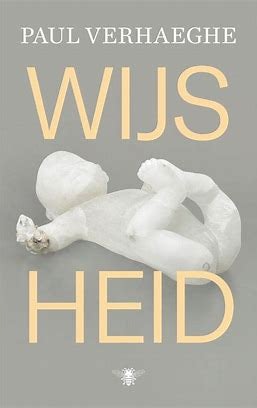
We tend to elevate scientific knowledge as the sole legitimate and valuable form of understanding, a perspective shaped by the capitalist ideology that has dominated society since the end of Second World War. This kind of knowledge mirrors capitalism’s emphasis on speed, utility and measurable results. In this book, Verhaeghe argues that this is a choice – a deliberate way of thinking. There are other ways to approach the power knowledge brings. To do what is right, we must combine knowledge with wisdom. Wisdom, he suggests, is often found in art, which seeks to answer the existential questions every human being asks themselves.
Narrative fiction
'The Damiaan Farm' by Chris De Stoop
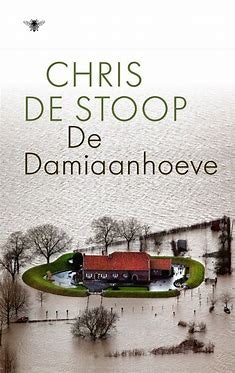
On the banks of La Meuse, a centuries-old farm called Damiaan lies like an island in the river’s winter bed. During floods, the farm literally looks like an isolated fortress, protected by a two-metre-high ring dyke that Bert built single-handedly after the Christmas floods of 1993. The farm also becomes an island in a hostile environment for Bert after some shocking events.
'Look! Over There, Look!' by Eric de Kuyper
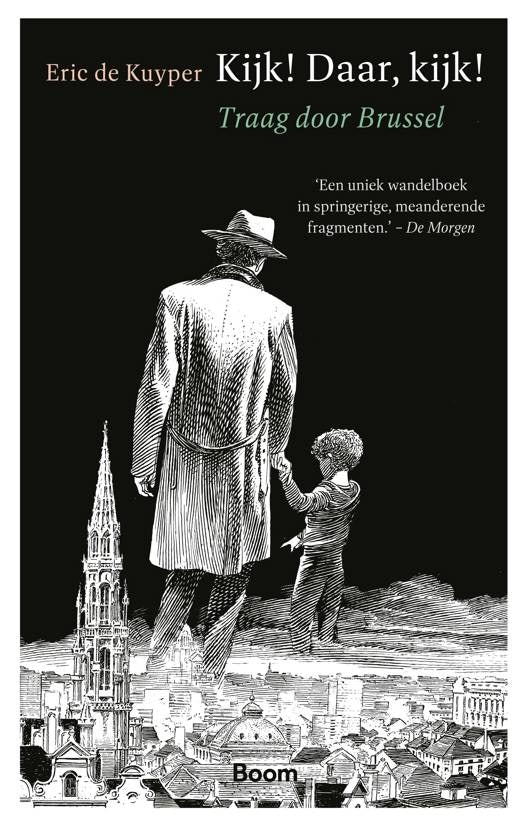
In ‘Look! Over There, Look!’ 81-year-old Eric de Kuyper explores the urbanisation of Brussels’ municipalities and neighbourhoods in his signature, slightly old-fashioned style. He reflects on the architecture of streets and houses, façades and interiors encountered during his walks. The book offers a personal perspective on the city’s ‘architectural misery’, while also celebrating successful interventions in the Belgian capital.
Nature writing
'The Patience of Flowers' by Stefan Brijs
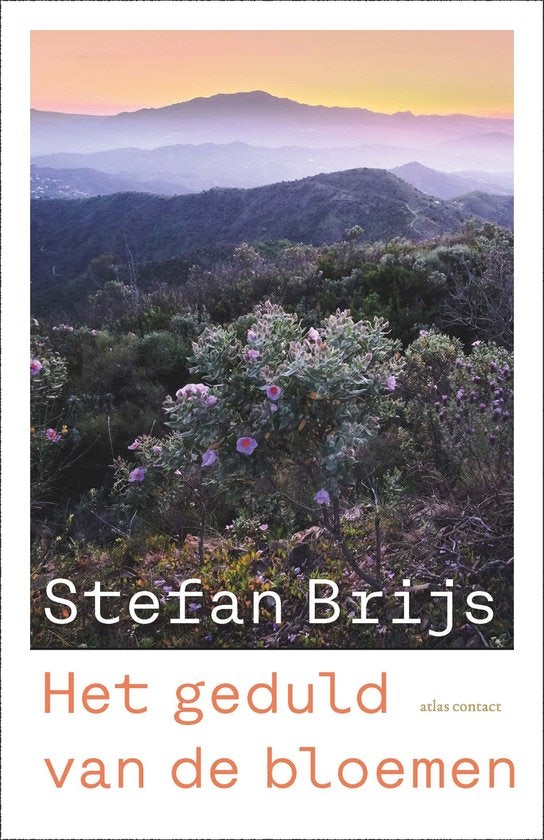
In Stefan Brijs' latest book, ‘The Patience of Flowers’, he once again takes the reader to Andalusia. As the climate becomes increasingly erratic, he observes the beauty and vulnerability of nature with a pen that is as sharp as it is poetic – both deeply empathetic and strikingly precise.
'The Meuse' by Wim Peumans
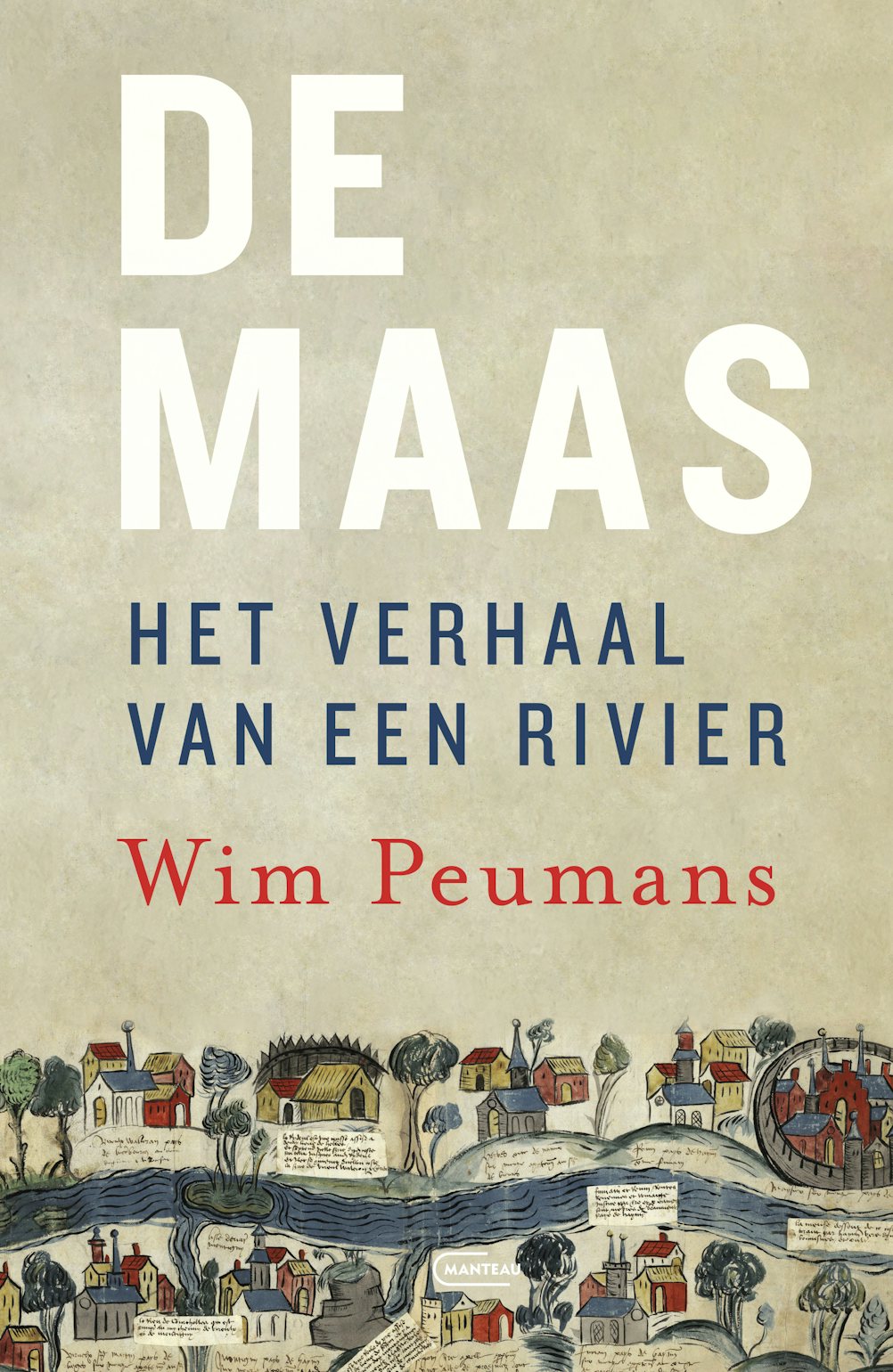
The Meuse, the river of nearly 1,000 kilometres that flows through France, Belgium, and the Netherlands, is a source of life, home to distinctive fauna and flora. Beyond that, it also shapes the landscape, serves as an archaeological site, a place of worship, a historical crossroads, a political boundary, an economic lifeline, a strategic military axis, and a muse for artists. For millennia, peoples have settled along its banks, learning to cope with the Meuse’s capricious floods.
Memoir
'Clear the Decks' by Joseph Pearce
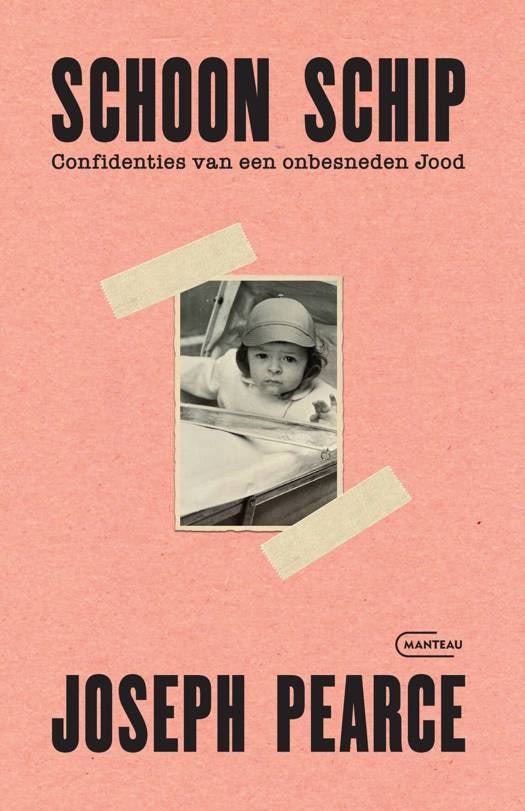
After the death of his mother in 2022, Joseph Pearce, author of several highly acclaimed novels in Flanders, decides to take stock of his life. The writer, who grew up in a loving family and amidst the bustle of a family-run wholesale business in colonial goods, struggles with his sexual orientation and, as the son of a Jewish German, feels a deep connection to the history of the Jewish people. In the Flanders of the 1950s and 1960s, this is no easy task.
'A Different Life' by Bart Moeyaert
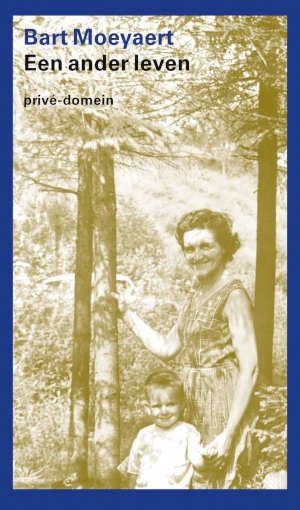
Taking a 1996 city trip to Paris with his seventy-year-old mother as his leitmotif, Moeyaert sketches an intimate portrait of his mother, but also discovers how surprisingly often Paris has played a role in his life and realises how little he told his parents about himself. Drawing on letters, photographs and diary excerpts, he gives a frank discussion of his late coming of age – the period of searching after his early debut as an author. He tries to find answers, including ones for the questions he didn’t ask his mother in Paris.